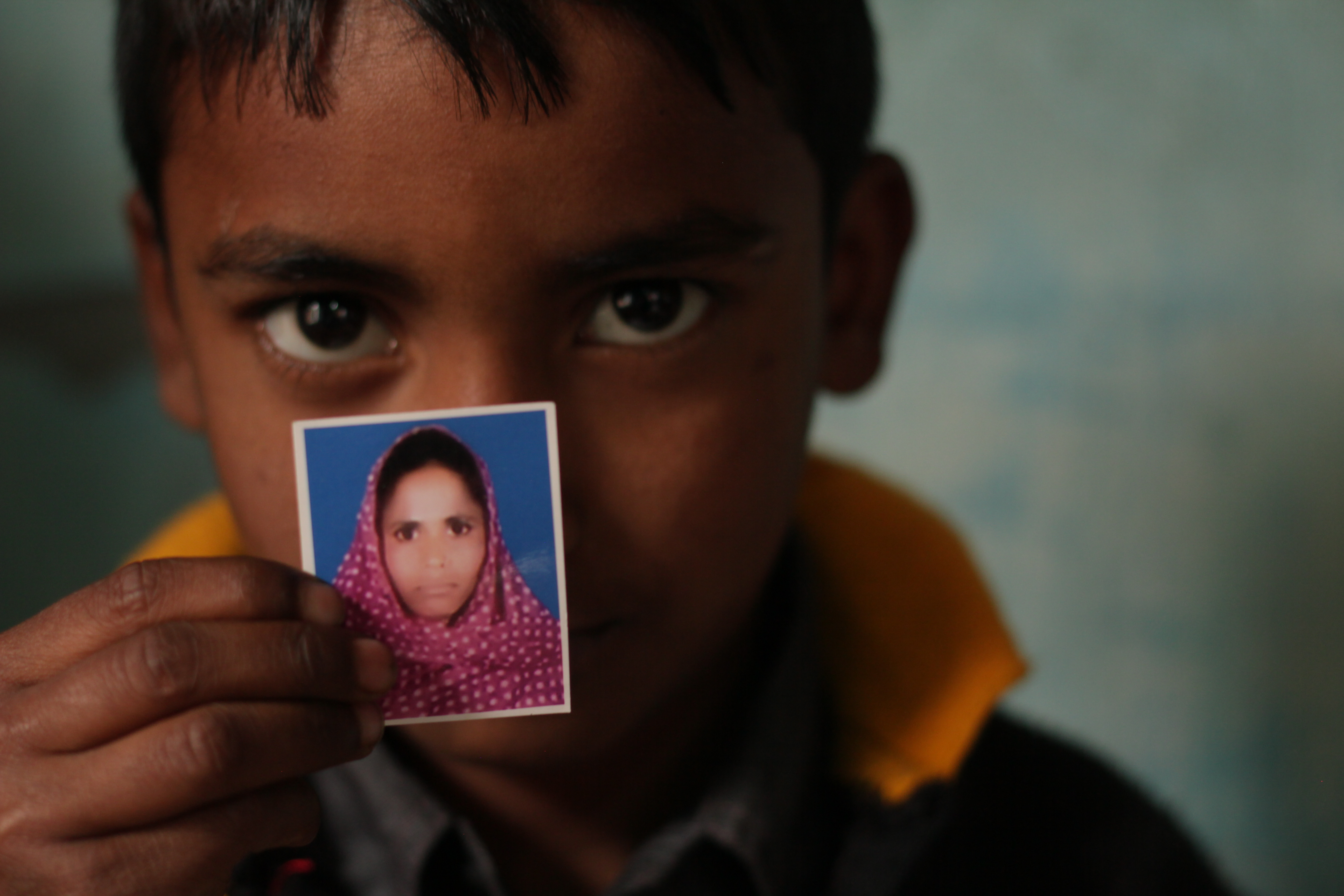Indian media recently reported the drafting of a policy by the central government on better rights of domestic workers. This issue was part of the political action NDWM and the other WSM partners have been campaigning on for several years now in India, with most recently a postcard campaign demanding the ILO 189 ratification by India and a national legislation.
According to the media, the NDA government is readying a national policy incorporating these features, besides a host of benefits, including social security cover and provisions against sexual harassment and bonded labour. The 'National Policy for Domestic Workers' is likely to be presented before the Union Cabinet soon.
 Domestic servants, who stare at an uncertain future when they grow weak with age and are thrown out of their job, will now have the cushion of a social security scheme under which the employer will have a mandatory contribution.
Domestic servants, who stare at an uncertain future when they grow weak with age and are thrown out of their job, will now have the cushion of a social security scheme under which the employer will have a mandatory contribution.
The policy envisages the right to domestic helps to pursue education, a safe work environment and a mechanism for redress of their grievances.
Workers and employers will also have the right to form groups and engage with each other for 'collective bargaining'.
A draft note in this regard, prepared by the Director General Labour Welfare (DGLW), was submitted to Labour Minister Bandaru Dattatreya last week."The policy framework is on par with the standards of the International Labour Organisation. India has adopted the ILO convention on domestic workers and therefore we have to make a policy for this segment of the society" he said.
NDWM, though acknowledging the step forward, also notes that a major loophole is that the government wants to recruit domestic workers through placement agency, which will be adding to the exploitation as in many cases, these agents are human traffickers. The policy also doesn't spell out any complaint mechanism or monitoring system if the minimum wage is not implemented. Lastly and most importantly, this is only a national policy which is not binding instrument. If the Indian States don't wish to implement it, the Central Government will have little or no control over it.
According to the media, the NDA government is readying a national policy incorporating these features, besides a host of benefits, including social security cover and provisions against sexual harassment and bonded labour. The 'National Policy for Domestic Workers' is likely to be presented before the Union Cabinet soon.
 Domestic servants, who stare at an uncertain future when they grow weak with age and are thrown out of their job, will now have the cushion of a social security scheme under which the employer will have a mandatory contribution.
Domestic servants, who stare at an uncertain future when they grow weak with age and are thrown out of their job, will now have the cushion of a social security scheme under which the employer will have a mandatory contribution.The policy envisages the right to domestic helps to pursue education, a safe work environment and a mechanism for redress of their grievances.
Workers and employers will also have the right to form groups and engage with each other for 'collective bargaining'.
A draft note in this regard, prepared by the Director General Labour Welfare (DGLW), was submitted to Labour Minister Bandaru Dattatreya last week."The policy framework is on par with the standards of the International Labour Organisation. India has adopted the ILO convention on domestic workers and therefore we have to make a policy for this segment of the society" he said.
NDWM, though acknowledging the step forward, also notes that a major loophole is that the government wants to recruit domestic workers through placement agency, which will be adding to the exploitation as in many cases, these agents are human traffickers. The policy also doesn't spell out any complaint mechanism or monitoring system if the minimum wage is not implemented. Lastly and most importantly, this is only a national policy which is not binding instrument. If the Indian States don't wish to implement it, the Central Government will have little or no control over it.













